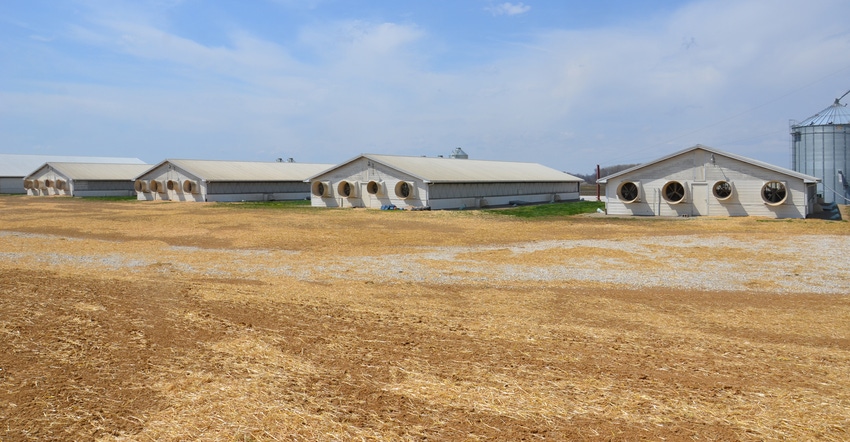October 26, 2020

You owe a “thank you” to the Himsel family, Danville, Ind., and Co-Alliance, the Hendricks County-based co-op that partners with them in a hog operation. For the past five years, the Himsels, Co-Alliance and their attorneys have battled in court against a lawsuit brought against them by plaintiffs who objected to their hog operation. That’s five years of legal hassle and expense, all while they maintained daily operation of their family farm and business.
The Indiana Court of Appeals ruled in April 2019 in favor of the Himsels and Co-Alliance, upholding protection against nuisance lawsuits granted under Indiana’s Right to Farm law. However, the legal battle wasn’t over. The plaintiffs and their attorney filed what’s called a “petition for certiorari,” asking the U.S. Supreme Court to hear the case. On Oct. 5, 2020, the U.S. Supreme Court denied the petition, bringing this chapter of the long legal nightmare to a close. Co-Alliance indicated in a press release that it will pursue a case for attorney’s fees against the plaintiffs.
In the press release, Elizabeth South, vice president and general counsel for Co-Alliance, noted, “As painful and expensive as this five-year litigation has been for the Himsel defendants and Co-Alliance, the case has ultimately strengthened the Right to Farm protections for Indiana farmers and provides an important agricultural legal precedent for Right to Farm protections across the country.”
Sam Himsel, speaking on behalf of his family, added, in part, “We hope the U.S. Supreme Court decision to not take this case helps farming rights for future generations of Hoosier farmers.”
Another view
As director of the Indiana Ag Law Foundation, John Shoup follows these types of cases closely, and helps when possible. Known best as InAgLaw, the foundation was started as a nonprofit organization in 2005 by Indiana Farm Bureau Inc. to monitor situations related to farmers’ rights and assist in protecting those rights.
Here’s what Shoup said after the U.S. Supreme Court refused to hear this case: “The result of this litigation is significant to Indiana agriculture. Indiana’s Right to Farm Act, and the body of cases supporting it, have been affirmed. This provides stability and predictability to existing and future agricultural operations located in Indiana. Investment in farm improvements, bringing on the next generation and continuity of the family farm all benefit from this holding.”
Shoup noted, however, that farmers must remain vigilant to protect their rights. “As this case illustrates, farmers are not immune to nuisance claims under Indiana’s RTFA,” he said. “However, producers are protected so long as a nuisance is not created by negligent operation.
“Also, transition from one type of agricultural operation to another does not constitute a significant change under Indiana’s RTFA. This allows producers to adapt, improvise and adopt new technologies to make the highest and best agricultural use of their property without losing protections under the law.”
What does Indiana Prairie Farmer believe? First, it is unfortunate that a Hoosier farm family and business were forced to endure this struggle. At the same time, however, everyone in agriculture owes them a debt of gratitude for standing firm in what they believed was right.
Comments? Email [email protected].
You May Also Like




